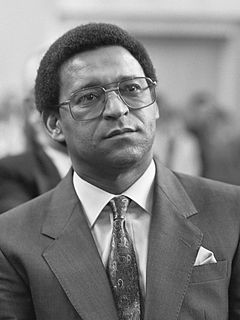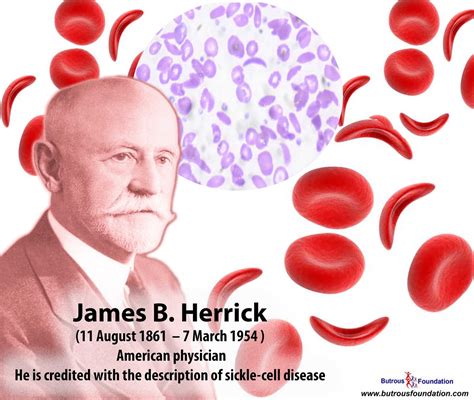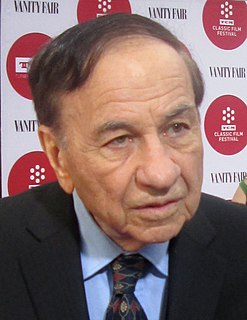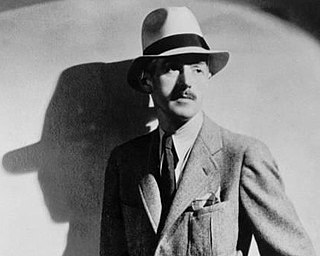A Quote by Howard Jacobson
Literature more often tells the story of impulses we don't act on than of ones we do. I could joke about the Cain and Abel story with my brother without expecting him to be worried, though it's always possible he was more anxious than he let on.
Related Quotes
Take the story of Cain and Abel. Why were we given that story? Scientifically, you may have an explanation for it, but I'm not approaching it from the scientific point of view. I'm saying: Why do we need that? It's a sordid story, a depressing story, a dark story. Why should I believe that I'm a descendant of either Cain or Abel? Thank God there is a third son! [Genesis 4:25]
I may be a descendant of Seth. I say to myself, What does [the story of Cain and Abel] teach me? So I go back to all the interpretations in the Talmud, which to me are a source of pleasure and joy. Then I say, maybe this story is not for then; maybe it's for now! It's possible for brothers to kill one another in civil wars. But most important, whoever kills, kills his brother. That's a moral conclusion that may not be there; but that must be my conclusion. Otherwise, why read it? Whoever kills, kills his brother.
The story, I like to say and remember, is always smarter than you—there will be patterns of theme, image, and idea that are much savvier and more complex than what you could come up with on your own. Find them with your marking pens as they emerge in your drafts. Become a student of your work in progress. Look for what your material is telling you about your material. Every aspect of a story has its own story.
The holiday season is a time for storytelling, and whether you are hearing the story of a candelabra staying lit for more than a week, or a baby born in a barn without proper medical supervision, these stories often feature miracles. Miracles are like pimples, because once you start looking for them you find more than you ever dreamed you'd see, and this holiday story features any number of miracles, depending on your point of view.
A short story is confined to one mood, to which everything in the story pertains. Characters, setting, time, events, are all subject to the mood. And you can try more ephemeral, more fleeting things in a story - you can work more by suggestion - than in a novel. Less is resolved, more is suggested, perhaps.
What I try to do is write a story about a detective rather than a detective story. Keeping the reader fooled until the last, possible moment is a good trick and I usually try to play it, but I can't attach more than secondary importance to it. The puzzle isn't so interesting to me as the behavior of the detective attacking it.





































